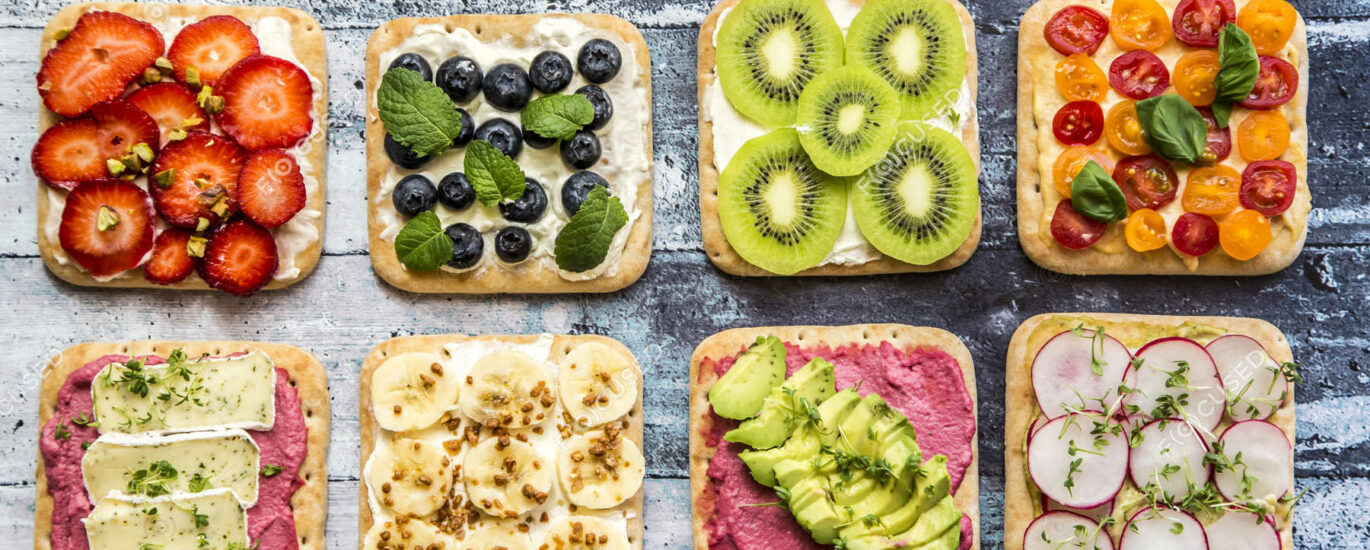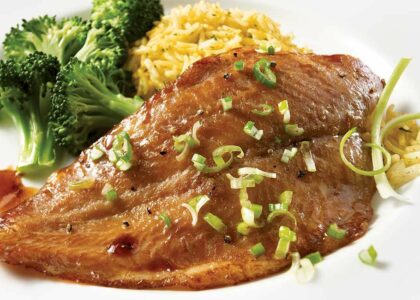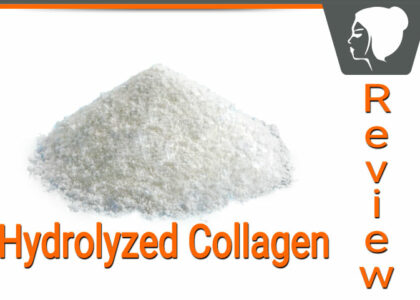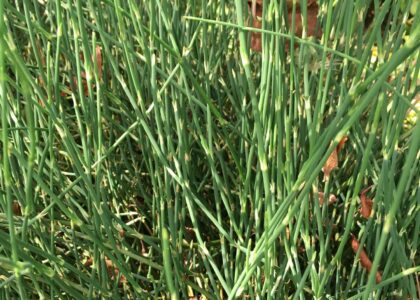Understanding Electrolytes
Electrolytes are pivotal for:
- Regulating fluid balances
- Muscle contractions and relaxation
- Transmitting nerve signals
- Blood clotting
- Maintaining a stable pH balance
Electrolyte-Rich Foods
Bananas
Rich in potassium, bananas help regulate heart function and fluid balance.
Coconut Water
A natural beverage packed with potassium, magnesium, sodium, and calcium.
Avocados
High in potassium, avocados support healthy nerve function and muscle contraction.
Sweet Potatoes
One medium sweet potato provides magnesium, potassium, and sodium.
Spinach
Loaded with magnesium, potassium, and calcium, spinach is excellent for bone health.
Beans (White, Black, Kidney)
Beans are a good source of phosphates and magnesium, supporting energy production.
Dairy Products (Milk, Yogurt)
Rich in calcium, dairy products support bone health and muscle function.
Nuts and Seeds (Almonds, Chia Seeds)
A great source of magnesium, which is crucial for muscle health and energy production.
Fish (Salmon, Halibut)
These fish are high in magnesium and phosphorus, supporting bone health and energy levels.
Oranges and Orange Juice
Excellent sources of potassium, oranges help regulate fluid balance and heart function.
Tomatoes
Rich in potassium, tomatoes support heart health and fluid balance.
Potatoes
Potatoes are high in potassium and magnesium, essential for muscle function and relaxation.
Watermelon
This fruit is a good source of potassium and magnesium, helping to regulate hydration and muscle function.
Turkey and Chicken
Both are good sources of phosphorus, important for bone health and energy storage.
Beets
High in potassium, beets support healthy blood pressure levels and muscle function.
Eggs
Eggs provide a good amount of phosphorus, vital for healthy bones and teeth.
Broccoli
Rich in magnesium and calcium, broccoli supports bone health and muscle function.
Quinoa
A complete protein that contains magnesium, which is important for muscle health and relaxation.
Tofu
High in calcium and magnesium, tofu is beneficial for bone health and muscle function.
Cheese
Cheese is a great source of calcium, phosphorus, and sodium, supporting bone health and electrolyte balance.
Pickles
High in sodium, pickles can help replenish electrolytes lost through sweating.
Soy Sauce
Rich in sodium, soy sauce can help maintain electrolyte balance, but should be used in moderation due to its high sodium content.
Olives
Olives are another food high in sodium, useful for replenishing salts lost during physical activity.
Kale
Kale provides a good amount of calcium and magnesium, supporting bone health and muscle function.
Raisins
Raisins are a good source of potassium, helping to regulate heart function and fluid balance.
Balancing Electrolytes
To maintain electrolyte balance:
- Consume a varied diet rich in fruits, vegetables, dairy, and whole grains.
- Drink adequate amounts of fluids, especially during exercise or hot weather.
- Limit intake of high-sodium processed foods.
FAQs
Can you get all your necessary electrolytes from food?
Yes, a well-balanced diet can provide all the necessary electrolytes your body needs. It’s essential to consume a variety of foods to cover the spectrum of essential minerals.
How do you know if you have an electrolyte imbalance?
Symptoms of an electrolyte imbalance can include muscle cramps, headaches, fatigue, nausea, and, in severe cases, irregular heartbeat. Consult a healthcare provider for a proper diagnosis.
Are electrolyte supplements necessary?
For most people, a balanced diet provides sufficient electrolytes. However, those with specific health conditions or athletes undergoing intense physical activity may benefit from supplements, under a doctor’s guidance.
Can drinking too much water cause electrolyte imbalance?
Yes, overhydration can dilute electrolytes in the body, leading to hyponatremia (low sodium levels). It’s important to balance water intake with your level of activity and environmental conditions.
How does alcohol consumption affect electrolyte balance?
Alcohol is a diuretic, which can lead to dehydration and electrolyte imbalances, especially in sodium and potassium. Moderation and hydration are key when consuming alcohol.
What is the best way to replenish electrolytes after exercise?
After intense exercise, consuming electrolyte-rich foods or drinks, such as coconut water, bananas, or sports drinks formulated with electrolytes, can help replenish lost minerals.
Are electrolyte drinks better than water for hydration during exercise?
For prolonged or intense exercise, electrolyte drinks can be beneficial for maintaining hydration and replenishing lost electrolytes. However, for shorter durations or lower intensity workouts, water is usually sufficient.
Conclusion
Incorporating electrolyte-rich foods into your diet is essential for maintaining proper hydration, supporting muscle function, and promoting overall health and well-being. By including a variety of fruits, vegetables, dairy products, nuts, seeds, legumes, and lean proteins in your meals and snacks, you can ensure you’re getting an adequate intake of essential electrolytes. Remember to stay hydrated, listen to your body’s signals, and consult with a healthcare professional for personalized nutrition advice.
- Juvederm Volite Skin Booster Treatments Near Badshot Lea, Surrey - May 4, 2025
- Cheek Filler Near Ham, Surrey - May 3, 2025
- Jalupro Super Hydro Skin Booster Treatments In Kingston Upon Thames KT1 - May 2, 2025







